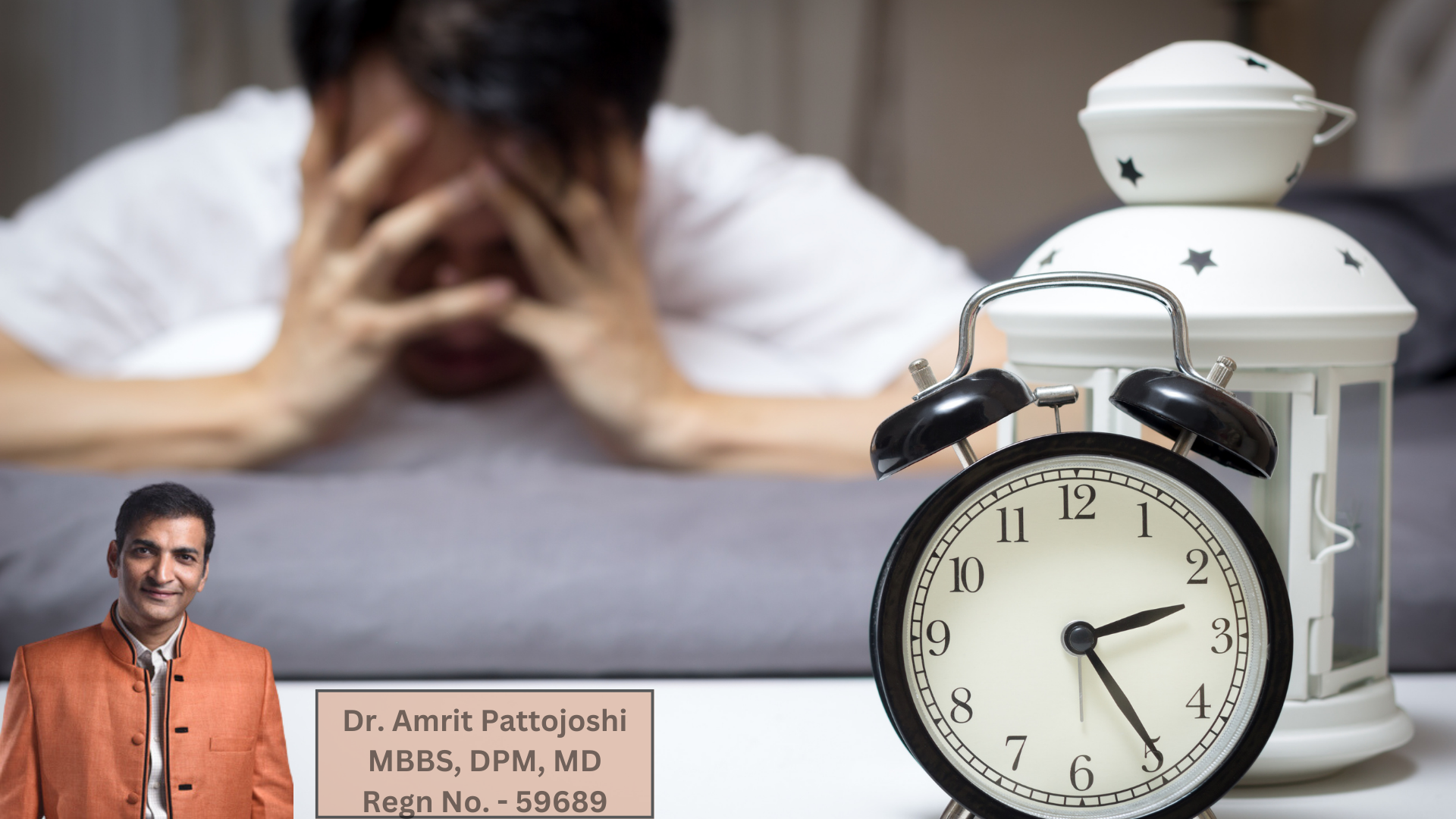Introduction:
Welcome to an informative discussion on the intriguing relationship between sleep and sexual disorders. In this article, we will explore how sleep can impact sexual health and shed light on the topic from a medical standpoint. Dr. Amrit Pattojoshi, an expert in the field, will guide us through this fascinating subject.
Sleep and Sexual Health:
Quality sleep is essential for maintaining overall well-being, and it plays a crucial role in various bodily functions, including sexual health. Both sleep disorders and sexual disorders are common concerns, and interestingly, they can often intersect and influence one another.
Sleep Disorders Affecting Sexual Function:
Sleep disorders such as insomnia, sleep apnea, and restless leg syndrome can disrupt normal sleep patterns, leading to inadequate rest. These conditions may result in decreased libido, erectile dysfunction (ED) in men, and arousal difficulties in women. Lack of quality sleep can affect hormone regulation, leading to reduced sexual desire and performance.
Insomnia, characterized by difficulty falling asleep or staying asleep, can cause fatigue and reduced energy levels, negatively impacting sexual function. Sleep apnea, a condition where breathing pauses during sleep, can decrease testosterone levels and lead to sexual dysfunction in both men and women. Restless leg syndrome, causing an uncontrollable urge to move the legs, can cause sleep disturbances, leading to sexual problems.
Sexual Disorders Affecting Sleep:
Conversely, sexual disorders can also contribute to sleep disturbances. Conditions like erectile dysfunction, premature ejaculation, and orgasmic disorders can lead to anxiety, stress, and sleep deprivation. The emotional and psychological impact of sexual disorders can create a cycle of sleep disruption, further exacerbating the problem.
Underlying Factors:
Several underlying factors can link sleep and sexual disorders. Hormonal imbalances, including changes in testosterone levels, can affect both sleep and sexual health. Stress, anxiety, depression, and medications used to treat these conditions can also disrupt sleep patterns and impact sexual function.
Additional Information:
While understanding the connection between sleep and sexual disorders is crucial, it's essential to consult with a healthcare professional for proper diagnosis and treatment. Dr. Amrit Pattojoshi advises that individuals experiencing sleep or sexual difficulties should seek medical guidance. Treatment options may include lifestyle modifications, counseling, therapy, medications, or a combination of these approaches, depending on the specific disorder.
Creating a healthy sleep routine is essential for restoring balance. Practicing good sleep hygiene, such as maintaining a consistent sleep schedule, creating a conducive sleep environment, and avoiding stimulants before bedtime, can significantly improve sleep quality. Engaging in regular exercise and managing stress levels can also positively impact both sleep and sexual health.
Conclusion:
Sleep and sexual disorders can have a profound impact on one's quality of life. Recognizing the connection between these two areas is vital for addressing the concerns effectively. By seeking medical advice, adopting healthy sleep habits, and addressing any underlying issues, individuals can work towards restoring optimal sleep and sexual well-being. Remember, a restful night's sleep and a satisfying sex life are integral to a healthy and fulfilling life.
